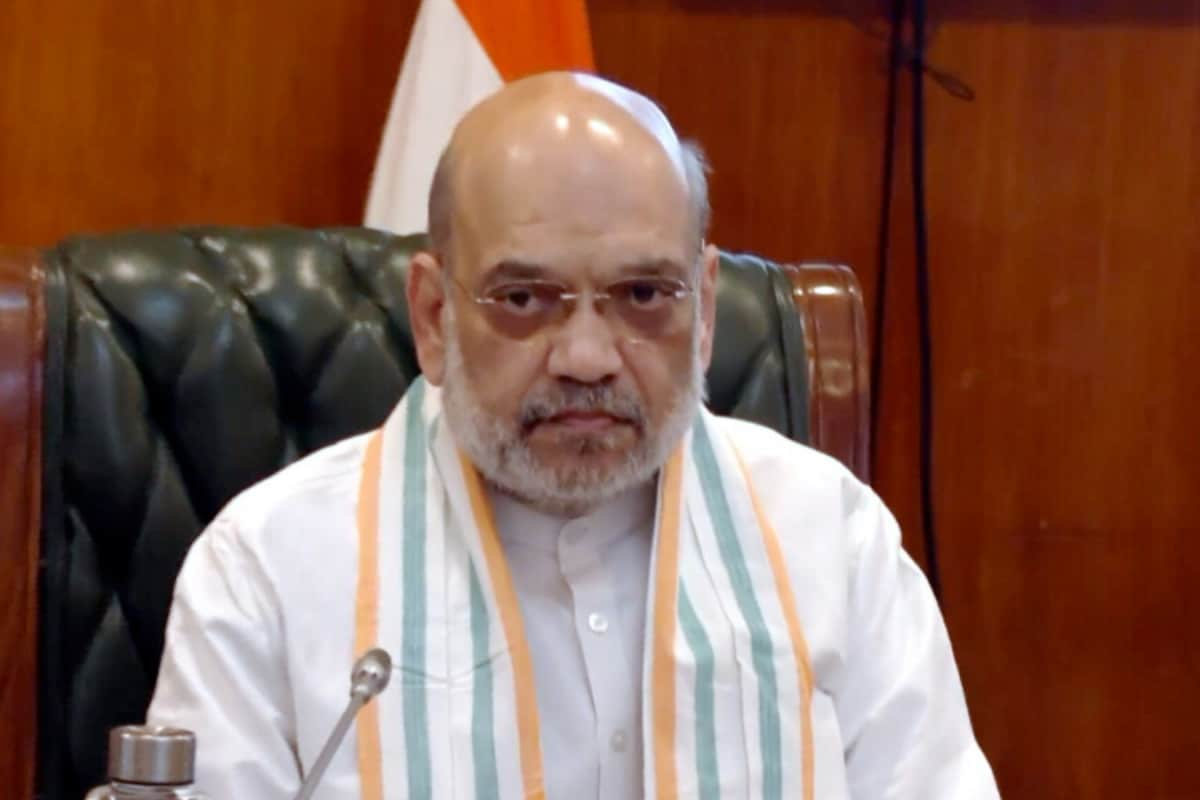

Union Home Minister Amit Shah has confirmed that India utilized the indigenously developed BrahMos missiles to dismantle Pakistani air bases during Operation Sindoor. Addressing a gathering in Ahmedabad, Gujarat, on May 18, 2025, Shah stated that Pakistan's air defense system, acquired from China, remained inactive throughout the operation, exposing Pakistan's false claims regarding terrorism.
Shah emphasized that Operation Sindoor marked a significant shift from previous surgical strikes and airstrikes, which were limited to Pakistan-occupied Kashmir (PoK). This time, Indian forces penetrated 100 kilometers inside Pakistan's border, eliminating terrorists and their hubs. He asserted that Pakistan's denial of terrorist activities within its borders was debunked as the operation successfully neutralized terrorists with missiles.
The Home Minister further revealed that senior officers from the Pakistani army attended the funerals of the neutralized terrorists and offered prayers, exposing the nexus between the Pakistani Army, Pakistan, and terrorism to the international community.
Operation Sindoor was a direct response to the terrorist attack in Pahalgam and was aimed at neutralizing terrorist camps linked to Jaish-e-Mohammed (JeM), Lashkar-e-Taiba (LeT), and Hizbul Mujahideen. The strikes were carried out on May 7, 2025, lasting 23 minutes, by the Indian Air Force (IAF) using Sukhoi-30MKI fighters armed with BrahMos missiles, SCALP cruise missiles, Crystal Maze-2 missiles, Hammer precision-guided munitions, and Spice-2000 bombs.
Reports indicate that during the operation, Indian forces successfully targeted and neutralized key Pakistani military and terror infrastructure, often overcoming or bypassing Chinese-origin air defense systems such as the HQ-9. These systems failed to intercept Indian missile strikes, including those delivered by the BrahMos missile. Other Chinese systems, including PL-15 air-to-air missiles, J-10C fighter jets, and naval frigates, also underperformed or malfunctioned, leaving Pakistani defenses compromised.
The failure of Chinese weapons to perform effectively under combat conditions has damaged China's reputation as a global arms exporter. Analysts suggest that these failures validate earlier skepticism about Chinese systems and are likely to accelerate the decline in China's arms exports. The credibility gap exposed by Operation Sindoor provides a strategic opening for other arms manufacturers, including India, to emphasize their own reliability and combat-proven performance.
In the first phase of Operation Sindoor, the Indian Air Force (IAF) reportedly jammed Pakistan's Chinese-supplied air defense systems and eliminated nine terror camps in Pakistan and PoK within 23 minutes. The operation involved battle-proven Air Defence (AD) systems like the Pechora, OSA-AK, and LLAD guns, as well as indigenous systems such as the Akash.
Amit Shah reiterated that any future dialogue with Pakistan would only focus on reclaiming PoK. He highlighted Operation Sindoor as a strong response to terrorism and praised the success of BrahMos missiles and the precision strikes by the Indian Airforce on Pakistani airbases.